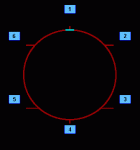Differences Between AC and DC Motors
March 17, 2016
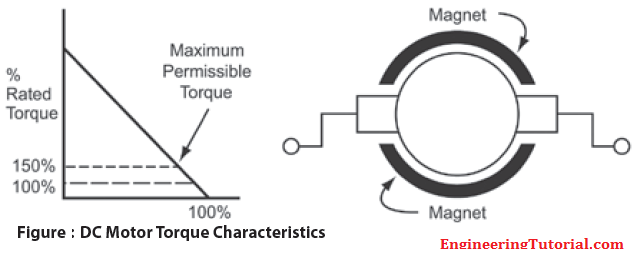
What are the key differences between AC and DC motors? As with the different types of DC motors, the main difference...
Read more
Zigzag Transformers Theory
March 16, 2016
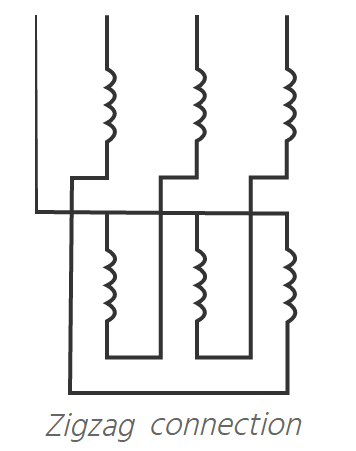
The most common connection used in grounding transformers is the Zig-Zag connection. The grounding transformer is commonly referred to by...
Read more
Synchronous Motor Starting Methods
March 16, 2016
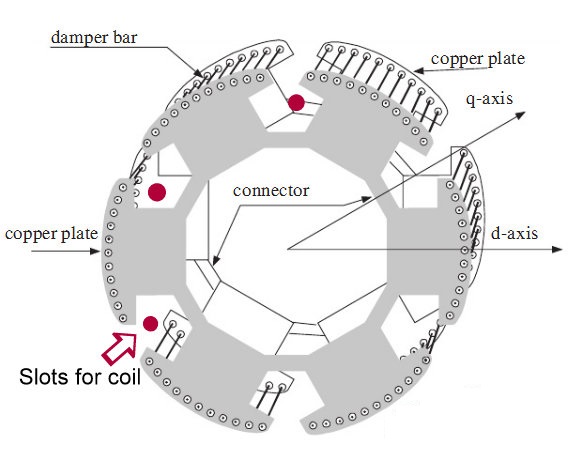
In the previous article we came to know that synchronous motors are not self starting so to make them start...
Read more
Synchronous Motor Is Not Self Starting?
March 16, 2016
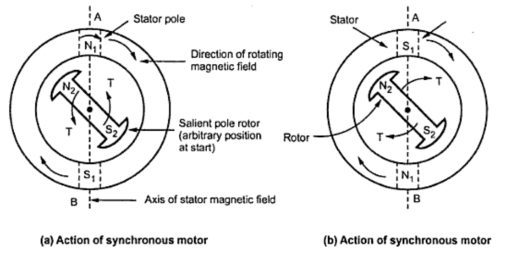
To get a clear idea about this question consider a rotating magnetic field as equivalent to physical rotation of two...
Read more
Synchronous Motor Working Principle
March 16, 2016
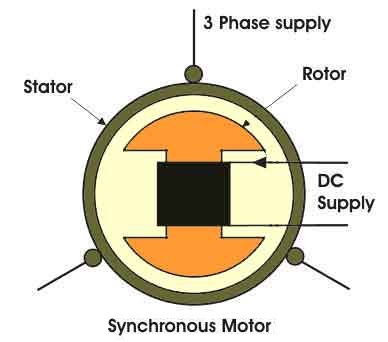
A motor is an electro-mechanical device which converts electrical energy to mechanical energy. and a 3 phase motor runs at...
Read more
Losses in a DC Generator
March 9, 2016
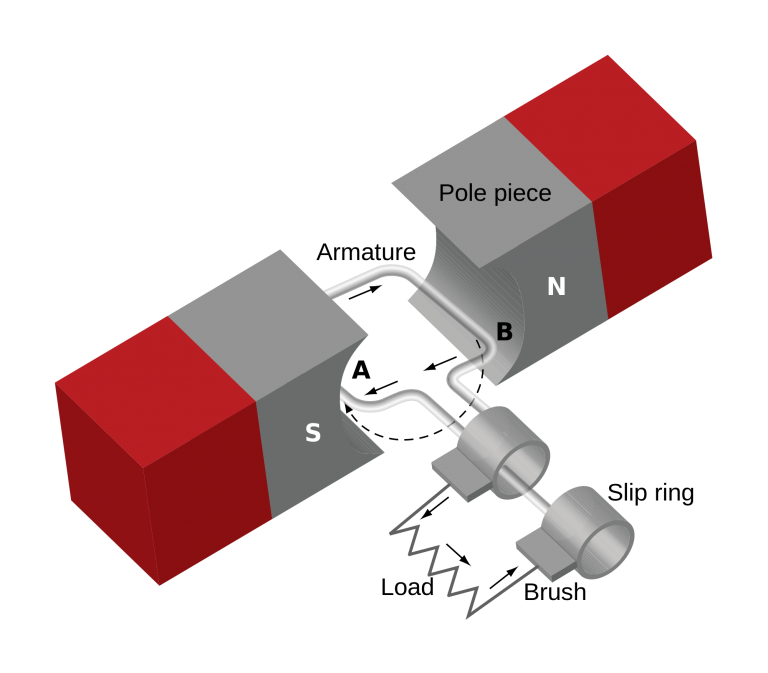
Efficiency is a very important specification of any type of electrical machine. When we talk about efficiency, losses comes into...
Read more
Types of Transformers
March 9, 2016
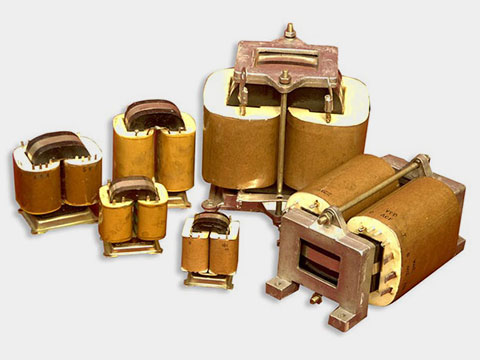
A transformer is an extended version of an inductor. The flux that is created inside the inductor is used here...
Read more
Transformer Energy Losses & Efficiency
March 9, 2016
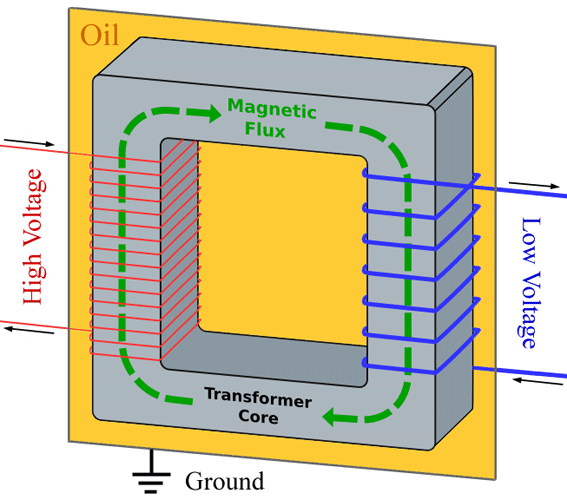
Transformers reduce the voltage of the electricity supplied by the utility to a level suitable for use by the electric...
Read more
Types of AC Motors and DC Motors
March 7, 2016

Electric motor is a machine which converts electric energy into mechanical energy. Its action is based on the principle that...
Read more
Difference Between Squirrel Cage and Slip Ring Motors
March 7, 2016
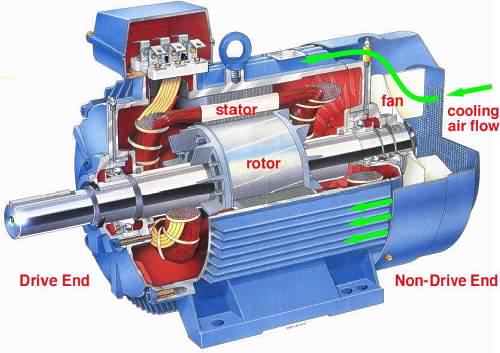
A wound-rotor motor (Slip Ring Motor) is a type of induction motor where the rotor windings are connected through slip...
Read more
